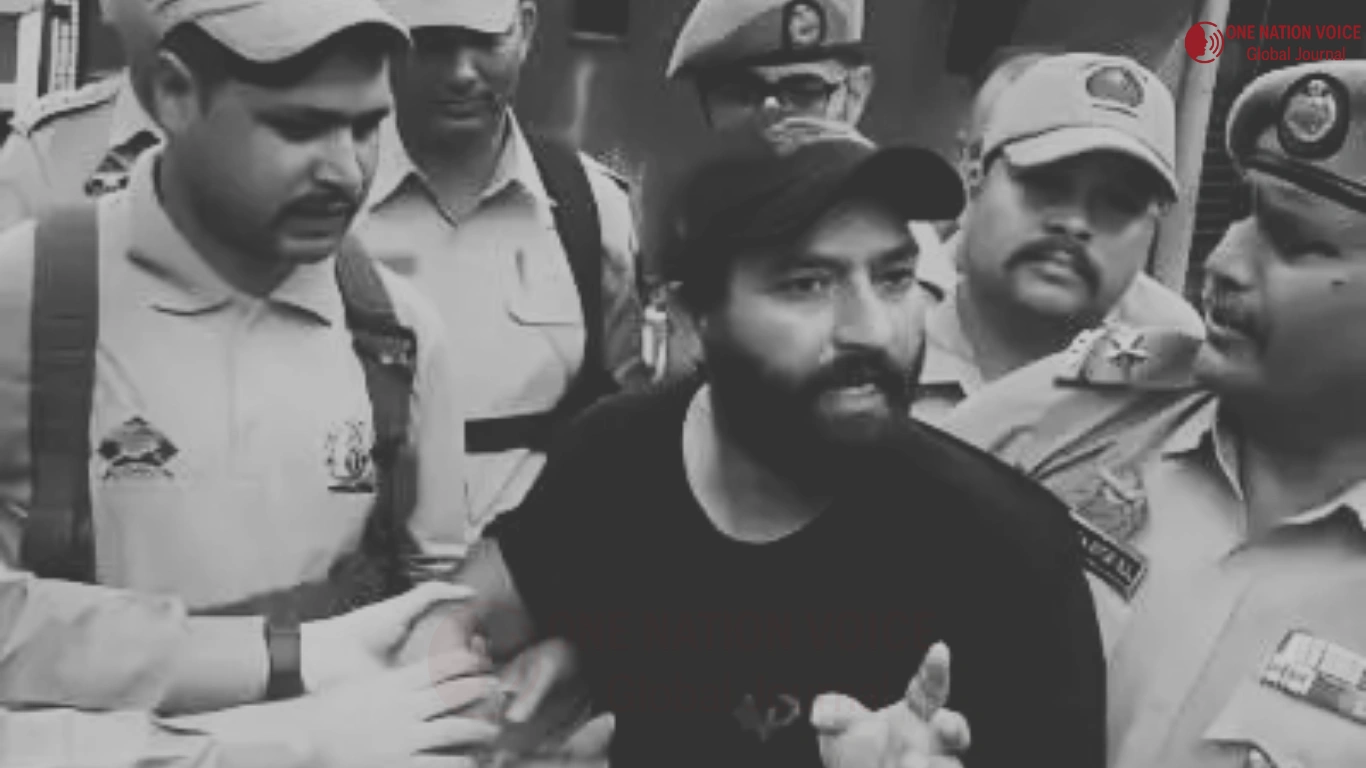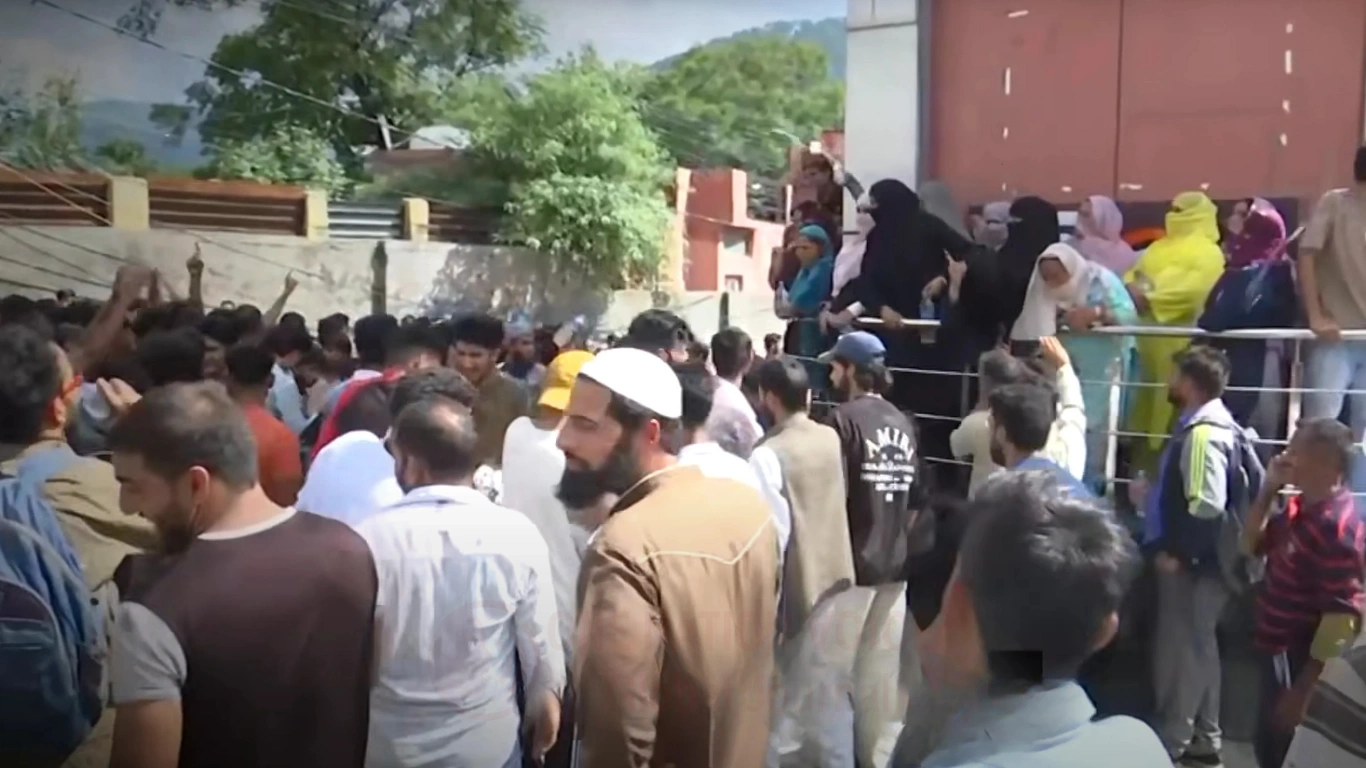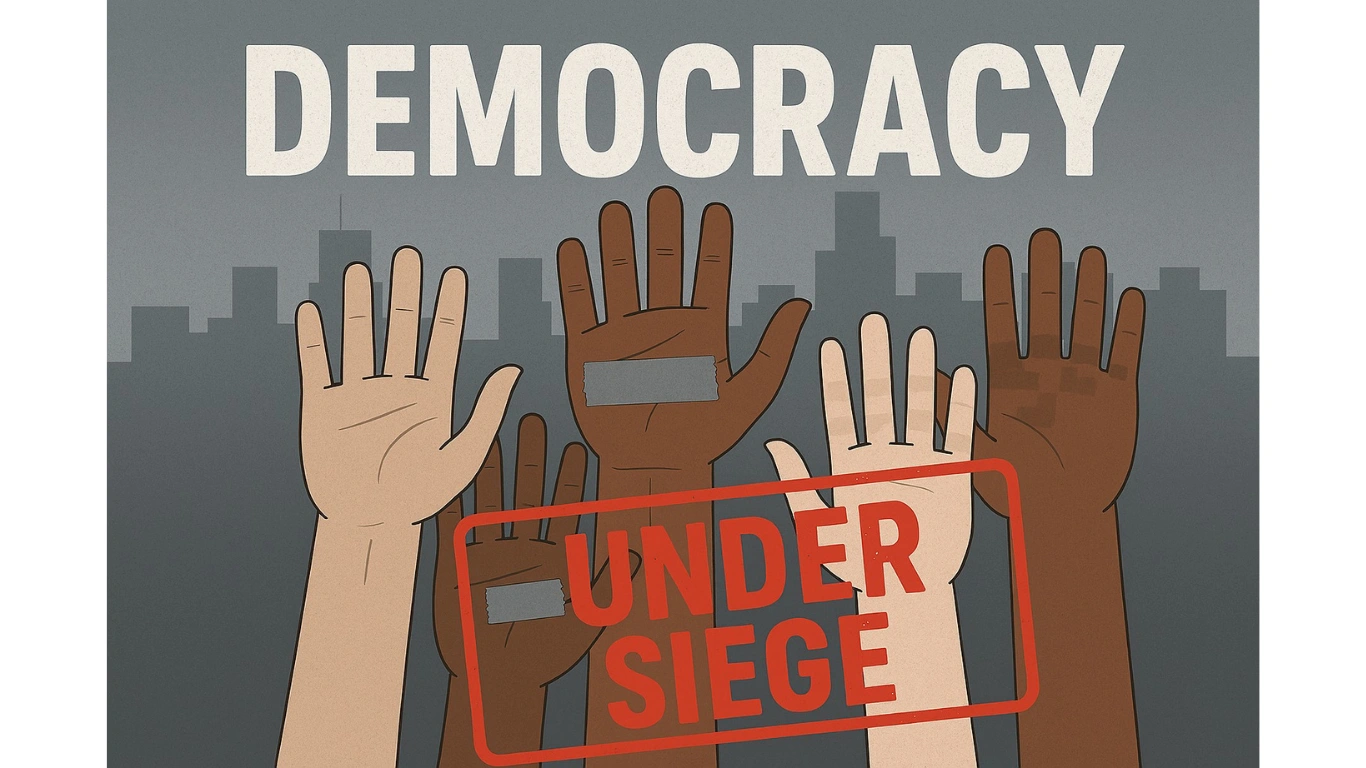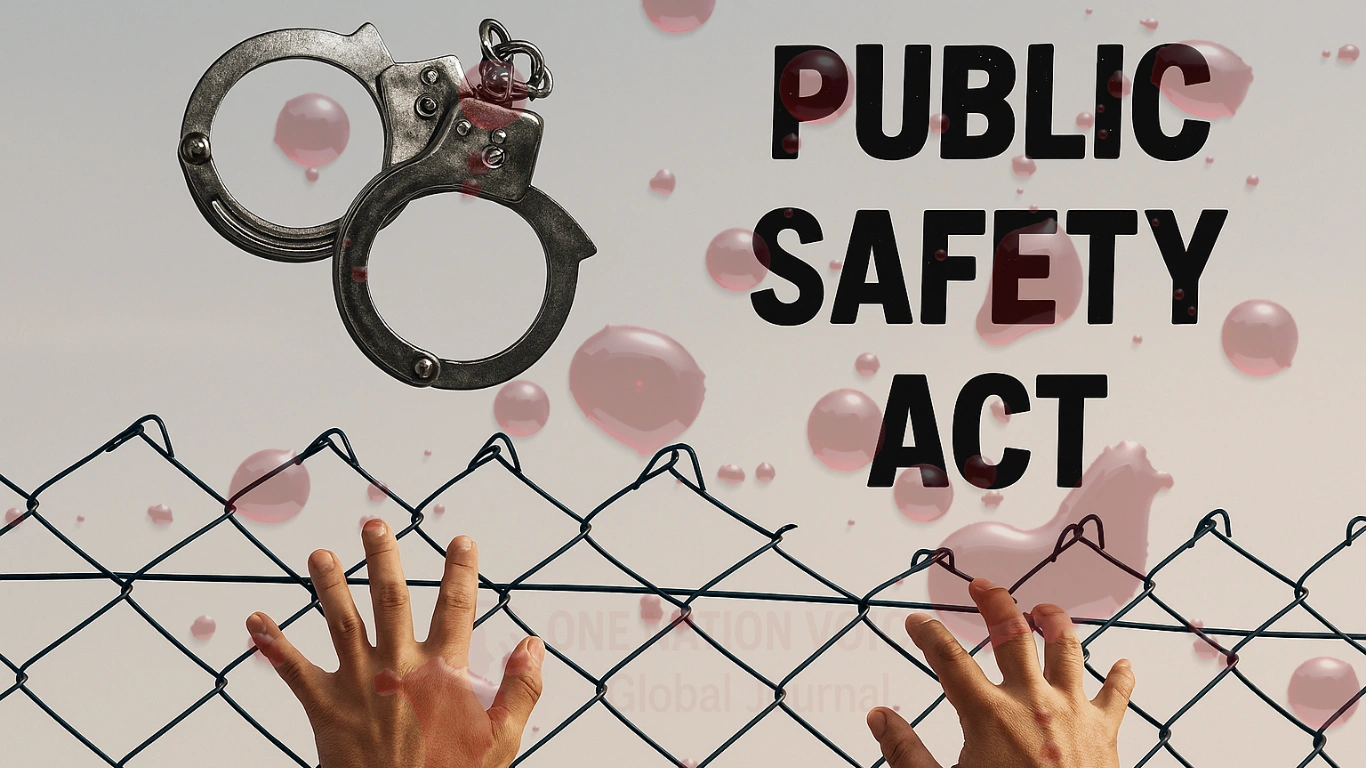Arrest of Mehraj Malik MLA Doda

Arrest of Mehraj Malik MLA Doda
Highlights PSA Use to Silence Kashmiri Voices
The arrest of Mehraj Malik, the sitting MLA from Doda, has shaken people across Jammu and Kashmir. Using the Public Safety Act (PSA) against an elected representative isn’t just unusual, it’s alarming. It tells us a lot about how the BJP government in Delhi is treating Kashmir not as a place where democratic rights matter, but as a region to be controlled at any cost.
Why this arrest matters
Malik wasn’t picked up for any act of violence or conspiracy. His real “offense” seems to be speaking bluntly against the administration in his constituency and pressing for solutions to his people’s problems. Reports say he used strong, maybe even crude, language about the Hindu officials running local affairs. But frustration runs deep in the region, and his words reflected that anger more than anything else.
To throw him into jail under the PSA, which lets the government detain someone for months or even years without trial, feels less like justice and more like punishment for daring to speak up.
How people respond to
The reaction in Doda has been intense. Protests broke out almost immediately after his arrest. Crowds poured into the streets, not because they support bad language, but because they saw an attack on their representative as an attack on their own voice. People had elected him to raise their issues, and now he’s been silenced for doing just that. There’s also a growing sense of betrayal.
Many in Jammu and Kashmir already feel that New Delhi’s promises of democracy and development were hollow. Seeing an MLA dragged off under a law as notorious as the PSA only deepens that mistrust.
The Public Safety Act has been around for decades, and it’s been criticized by human rights groups as a tool for crushing dissent. Amnesty International once called it a “lawless law.” Normally it’s used against activists, students, or journalists. To apply it to a sitting legislator sets a dangerous new precedent.
And if even elected leaders aren’t safe from detention without trial, what chance does the average citizen have?

Democracy or domination?
A lot of Kashmiris see this as proof that democracy in the region is a façade. When Delhi jails people for what they say, or for representing their communities too forcefully, it starts to look less like democracy and more like outright authoritarianism.
Critics call it fascism, and while that word gets thrown around too easily sometimes, in this case it resonates. The Modi government, backed by the Hindutva narrative, seems more interested in asserting control than in allowing Kashmiri voices to be heard.
This isn’t just about Mehraj Malik. It’s about the wider political space in Kashmir, which has been shrinking steadily since August 2019, when Article 370 was scrapped. Parties have been sidelined, leaders locked away, civil society throttled. Now even an MLA is behind bars.
It’s a message to anyone thinking of standing up for Kashmiri rights that watch your step, or you could be next. But repression rarely has the intended effect. History shows that silencing leaders often makes their causes stronger.
The mood on the ground
In Doda, anger is spilling over. Protesters are not just demanding Malik’s release, they’re voicing deeper frustrations with the system. There’s open resentment against Lieutenant Governor Manoj Sinha’s administration, which people see as doing Delhi’s bidding rather than serving the locals.
Calls for revolution, or at least for breaking free from discriminatory policies, are getting louder. That’s the risk New Delhi runs. By trying to crush dissent, it may end up fueling the very resistance it wants to end.

Where this could lead
Whether one agrees with Malik’s choice of words or not, it’s clear that his arrest under the PSA is about silencing dissent, not protecting “public safety.” That’s why it feels so unjust. And in a place like Kashmir, injustice doesn’t fade quietly. It spreads, it mobilizes, and it deepens the demand for freedom.
Delhi may believe that locking up leaders will weaken resistance, but the opposite is happening. The more voices they silence, the louder the collective call for Azadi becomes.
Disclaimer: The views and opinions expressed in this article are exclusively those of the author and do not reflect the official stance, policies, or perspectives of the Platform.








